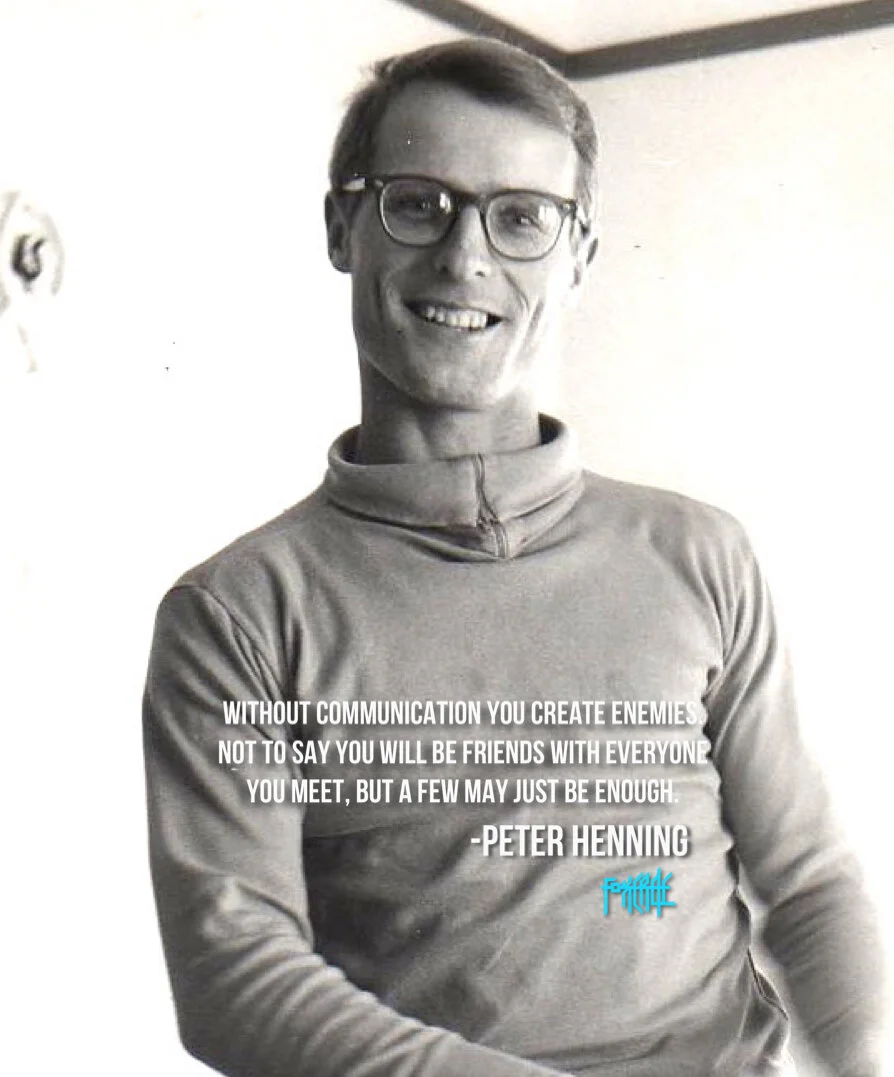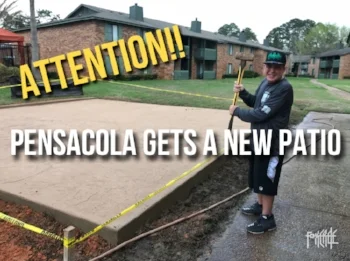A lesson in Teamwork.
My Papa, Peter Henning has always been an honorable man and lived life with the best intentions. Every so often he tells me stories of his past. I cherish these moments and am extremely grateful to hear them. Recently he wrote me letter sharing a story about his time during the Korean War. These discussions are few and far between, as he doesn’t talk much about his time in Germany during WWII and his time in the Military.
Here we go!
When I lived in Germany I suffered through the reign of 3 Socialist Governments. Adolf Hitlers Socialist Government, The East German Socialist State, and the Soviet Socialist State under Joseph Stalin. Together they killed and enslaved more people on earth than anyone. This suffering cannot be comprehended in our minds. One day while still in the old country I read about the Founding Fathers and the Constitution of the United States of America. A light went on! This is the country I want to go to and live. That must be a much better place. - Well, it has been for me and that I am grateful.
When I applied for immigration to the U.S.A. at the Embassy in Berlin - They told me that I had two choices; Come to U.S.A and remain a German citizen, but would not have any rights or duties of an American Citizen. On the other hand, I could come to the U.S.A with the intention of becoming a citizen-But would have to assume the duties of an American Citizen and that includes becoming a Soldier in the U.S Army. I choose this either way. I lived in the U.S.A. over a year before I was drafted into the Army. After my Advanced training I was asked where I wanted to serve the remainder of my Army Time: U.S.A., Europe, Hawaii, or the Far East. - I chose the Far East.
When I got to Korea I was allowed to go to Battalion Headquarters and take evening classes to earn my High School Diploma. This turned out to be the most important thing I did for my time in Korea. An elderly lady from Washington State was the teacher for my English and History Classes. When she lived in the U.S.A she met and married a Korean man. 30 years later he died and she felt lost. She decided to joining the American Armed Forces to teach soldiers and better their education. She told me some things about Korea, but most importantly she gave me two books. One book was on the Korean customs, etiquette, and conduct of life while the other one was on the history of Korea. The two books changed my life down to my core.
Over time I was put into a situation and task to where I had to make some very difficult decisions. I was called to the Company First Sergeant. He told me that the soldier who had been in charge of the Korean Labors in our company had finished his time of duty and will be returning to the U.S. H ordered me to take his place and assume his duty starting the first morning. The first night I could not sleep; the question I kept asking my self, would I obey the United States Army or Break it?
Finally, I decided to follow that small gentle voice inside me. In the morning all soldiers had to report to the arms room to draw weapons (carbine) for the day. We were expected to carry them at all times and keep them within arm’s length away so we can pick them up quickly. When my turn came I refused to pick up my carbine. The Sergeant said: “I hope you know what you are doing!” Sure enough a couple of minutes later over the loudspeaker: “Private Henning report to the Company Commander.” I went to the company office, found the commander, standing to Attention: ‘Private Henning Reporting Sir.’ The Company Commander said, “Private Henning have you lost your mind? Explain yourself.”
“Sir, before the Americans got into Korea, the Japanese conquered Korea many decades ago. Ever since they have treated the Koreans brutally. Where a Korean bed was, a Japanese slept in it, if he had food, the Japanese ate it, if there was anything worthwhile in Korea, the Japanese shipped it to Japan without paying for it. They made the Koreans work hard by slapping them with the butt of their rifle. Now here we are, the Americans, just like the Japanese carrying a rifle over them telling them to work. Sir, you can understand how Koreans feel about us? In the U.S.A we do not Overlord over anyone, but we work together.” My Commander’s face turned white and his eyes were mere slits. He was silent for a long while. Finally, he said: “I understand what you are saying and I do agree with you. I give you a free hand to work with the Koreans as we do in the United States. I will help you any way I can, but with the carbine, your weapon, you are strictly on your own. Your risk, I will not even house you. Dismissed.”
I went outside to the waiting group of Korean workers. I asked one of them: “Who is your oldest man?” I went to the oldest man and bowed down before him after the Korean Customs. I said to him, “Sir, from now on you are in charge of the work your men do for our company.” He looked at me for the longest while - Then he started smiling and bowed back at me. In Korea, the oldest man in any group of men is automatically in charge. He will gather advice from those younger than him, but the final decision is up to him. Every third house had been destroyed during the war and “our” workers were houseless. They lived in a tattered leaking tent- Winters get cold and it is very wet in the rainy season. So, I told the man that if they finish “our” work early, they could start working on a Korean style house which would get them being comfortable. The Company Commander kept his word by helping out wherever he could. As time went on I continued to help them find comfort. After I had been there a good year, they sent some officers over from Battalion Headquarters to find out why in our company we got done more with 15 Korean workers than they did at Headquarters with 65 men.
The difference is man lives by their brains and goodwill. When treating them like slaves, they will choose to not offer you either one.
His letter continued on, but I feel this excerpt from his letter is most important. He understood and realized the importance of showing dignity, respect, and compassion to those he was in “charge” to lead. He knew when someone is forced to do a task without consideration or respect, all heart and motivation seizes to exist with the men you lead.
-Blake Henning





